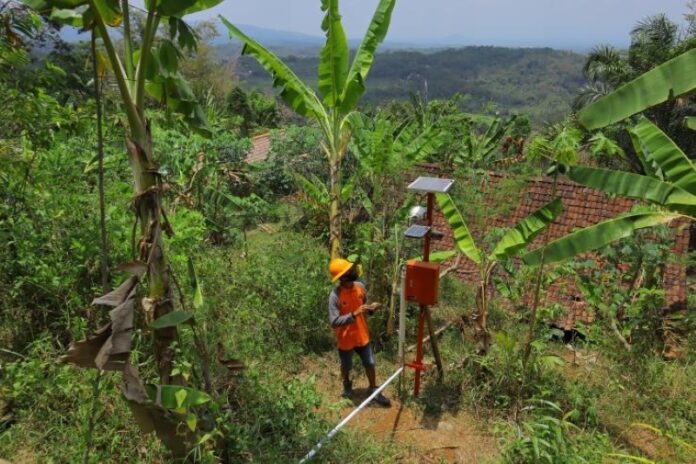Scientists at the University of Leeds are set to employ cutting-edge satellite analysis techniques to aid farmers in Kenya in addressing the challenges posed by global warming and environmental degradation. With approximately 4.4 million people in Kenya experiencing high levels of acute food insecurity, the impact of climate change on global hunger is a growing concern.
The initiative is part of a broader UK government investment that leverages British science, technology, and innovation to combat global hunger. Prime Minister Rishi Sunak emphasized the need for a fundamental shift in approaching food security, with a focus on long-term solutions. He highlighted the importance of harnessing science and technology to build resilient food supplies against threats like conflict, drought, and floods.
As part of this effort, the UK-CGIAR Science Centre was launched to drive research on flood-tolerant rice, disease-resistant wheat, and other innovations. One project receiving government funding through this initiative is iSPARK, a collaborative research project involving the University of Leeds and two African research institutes.
The iSPARK project aims to enhance the resilience and productivity of agriculture in western Kenya. The researchers plan to analyze large datasets, combining on-the-ground intervention data from agricultural advisers with high-resolution satellite images of food-growing regions in Kenya. The integration of these datasets will enable scientists to assess the effectiveness of different interventions, identify correlations, and develop new analytic techniques using machine learning algorithms.
The research will provide insights into sustainable agricultural practices and their resilience to changing environmental conditions. The scientists aim to develop new metrics for evaluating the success of interventions and plan to roll out three selected interventions based on the research findings.
Dr. Aniruddha Ghosh, a Senior Scientist at Alliance Biodiversity-CIAT, emphasized the primary goal of significantly enhancing the resilience and productivity of Kenyan agriculture. By leveraging advanced satellite technology and machine learning, the researchers aim to provide actionable insights for small-scale producers to improve farming practices and enhance food security in the region.
The University of Leeds has a history of collaboration with CGIAR on various food security projects, including iFEED and ClimBeR. CGIAR, with 50 years of global experience, has been instrumental in transforming food production and lifting millions out of hunger and poverty. The research and innovation initiatives, including a new 10-year strategy, aim to address the challenges of a sustainable, climate-resilient world free from hunger and malnutrition. The International Institute of Tropical Agriculture (IITA), a key partner, plays a crucial role in generating agricultural innovations to address Africa’s challenges of hunger, malnutrition, poverty, and natural resource degradation. Working collaboratively, these initiatives strive to achieve the Sustainable Development Goals by 2030.
















 The African Research (AR) Index is a comprehensive scholarly directory and database focused explicitly on journal publishers that publish and disseminate African research.
The African Research (AR) Index is a comprehensive scholarly directory and database focused explicitly on journal publishers that publish and disseminate African research.

